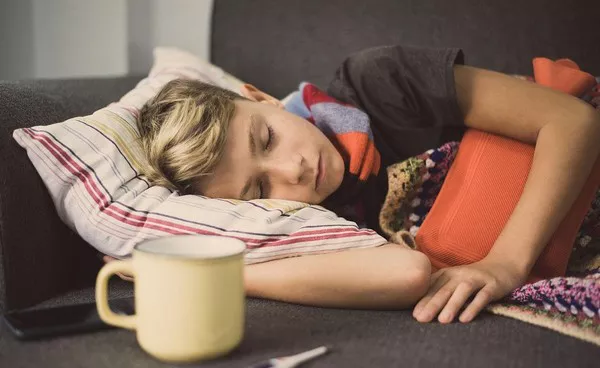Parents have the responsibility to criticize and discipline their children when they make mistakes. However, parents should pay attention to skills when criticizing their children. Between criticism and respect, they should understand the child’s tolerance and choose the appropriate way of criticism. Attitude of criticism: Criticism does not mean disrespect. Criticism and discipline are indispensable, and young children’s hearts should also be protected. How can we balance this? Parents have a strong sense of protecting their children’s self-esteem, but sometimes they put “the right to their children”. “Respect” and “discipline children” are simply opposed to each other, as if to protect the dignity of children, we must give up the most basic discipline and criticism. In fact, if we understand how children accept criticism at different ages, we can make appropriate criticism according to their ability to bear. Moreover, when a child does something wrong, it is very necessary to clearly tell him that “you did something wrong”, and you should not criticize or teach you because you are worried about harm.
Purpose of Criticism: Fair Education If we choose the way of criticism based on the starting point of respecting children, criticism is fair. He will not accuse or abuse the child as a bully, nor will he relax his discipline because he is young and allow the child to make mistakes again and again. The simplest form of criticism is holding children accountable for their actions. Criticism of harming children is often the result of ignoring what we need to tell our children.
The method of criticism: one thing is one thing. When criticizing a child, we only need to understand that our criticism is for him to know what kind of things we do will bring about what consequences, not to hurt him or to call him a “bad boy”. ” label, it will not cause psychological shadows to children. Our criticism must be aimed at specific things. For example, if the child forgets to wash his hands after returning home, we should tell him that each of us should wash our hands after returning home. It is wrong to not wash our hands, and not to extend to other things. And when the child’s wrong behavior involves interpersonal relationships, the ideal way is to “complete” a criticism in two steps – first tell him how you feel about the child’s behavior, and then calmly tell the child that you Knowing he’s a good boy, just did it wrong this time.




























